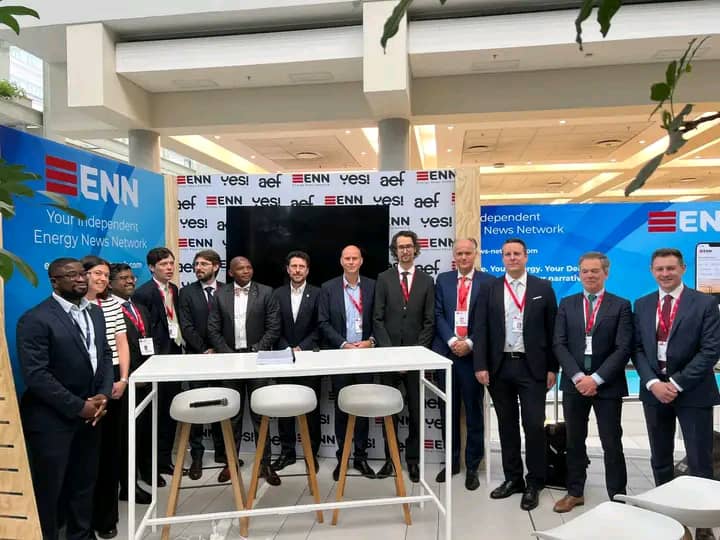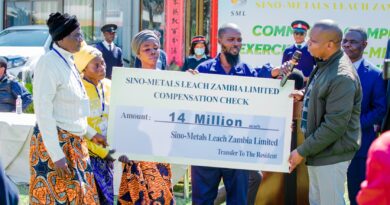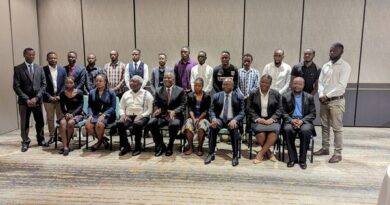Zambia Launches Innovative Solar Project to Reshape Renewable Energy Finance in Africa
A groundbreaking model for financing renewable energy in Africa has been unveiled with the launch of the 32MWp Ilute Solar PV Project in Zambia’s Sesheke District, Western Province.
This major initiative, developed through a partnership between Serengeti Energy and Kwama Energy, is poised to power growth across Southern Africa while setting a new precedent for financing and delivering clean energy on the continent.
The project’s innovation lies not only in its technology but in its financing model. A USD 26.5 million financing package led by FMO—the Dutch entrepreneurial development bank—has brought together a diverse consortium of financiers.
These include the Sustainable Energy Fund for Africa (SEFA), managed by the African Development Bank (AfDB); Triodos Investment Management; and EDFI Management Company via the EU-funded Electrification Financing Initiative (ElectriFI).
This blended finance approach combines commercial, development, and concessional capital to reduce investment risk and drive sustainability at scale.
The Ilute Solar Plant is one of the first private energy projects in Zambia to connect to the Southern African Power Pool (SAPP) through a market-based power purchase agreement (PPA) with GreenCo Power Services Ltd.
This model eliminates the need for traditional government guarantees by enabling power sales via competitive regional markets, offering a viable and replicable alternative for energy development across Africa.
The collaborative structure sees ZESCO, Zambia’s national utility, managing grid-related operational risks, while investors absorb electricity price volatility. The Zambian government supports the project through legal and regulatory assurances.
Local leadership, including Senior Chief Anang’anga Imwiko and the Barotse Royal Establishment, have contributed land and are guiding community engagement.
Beyond energy, the Ilute project commits to sustainable development. A Community Development Trust will channel benefits to local communities, while job creation, skill development, and economic stimulation are integral parts of the initiative.
Despite anticipated construction-related impacts on biodiversity, the project pledges “no net loss” through mitigation efforts like site rehabilitation, conservation agriculture, and wildlife preservation.



